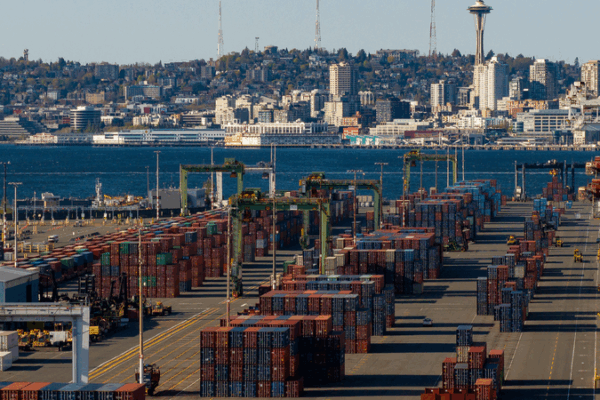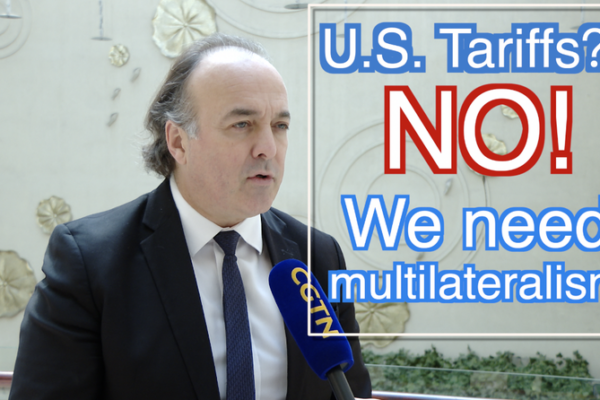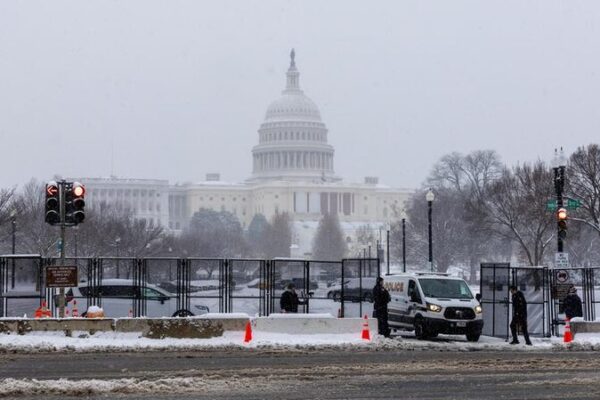
LA Port Feels the Heat: U.S. Tariffs Trigger 35% Cargo Plunge and Job Fears
U.S. tariffs on goods from the Chinese mainland cut LA Port cargo by 35%, triggering job losses and higher prices in Southern California and beyond.
My Global News: Voices of a New Era
🌍 Stay Ahead, Stay Global 🚀

U.S. tariffs on goods from the Chinese mainland cut LA Port cargo by 35%, triggering job losses and higher prices in Southern California and beyond.

Bentley CEO Frank-Steffen Walliser warns high US tariffs and market unpredictability are leading luxury buyers to delay orders.

The April 2 US reciprocal tariffs policy has rattled the global multilateral trading system, raising alarms over rules-based trade and supply chains.

Viral TikTok hacks on DHgate expose the flaws in U.S. tariff policy: from supply chain dependence and consumer costs to the myth of reshoring manufacturing jobs.

CF40 experts say boosting domestic consumption, raising incomes, and opening to foreign investment will help mitigate the impact of U.S. tariffs on the Chinese mainland economy.

Global business leaders, including Chinese mainland chamber executives, call for enhanced trade cooperation amid escalating U.S. tariffs and protectionist measures.

Cambridge economist Jostein Hauge states that Trump’s tariffs are unlikely to significantly impact China’s economy or serve as an effective boost for the US, highlighting China’s diversified trade partnerships.

U.S. tariffs on Canada, China, and Mexico could lead to higher consumer costs and retaliatory measures, potentially undermining economic goals.

New U.S. tariffs on Canada, Mexico, and China are set to increase construction costs and consumer prices, disproportionately affecting lower-income households and fueling inflation fears.

Trump’s steel tariffs could backfire by triggering inflation and trade realignments, warns Brazilian analyst Mario Vitor Santos, as global markets adapt to new economic realities.